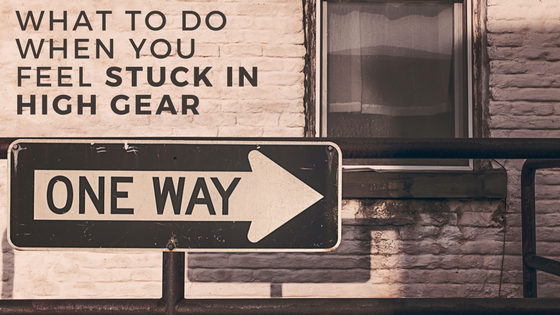
Type A Meet Type C (Covid19)
Have you noticed that when your world is filled with the unknown, our subconscious fears, tucked away neatly, have resurfaced with force? If we like to control things, this is like a big slap in the face. The new Covid-type rules of engagement ask us to do our “best” in an unpredictable environment, both indoors and out. Some people thrive in chaos, their engines rev, and while even worried they may work better, like our superheroes of the ER. But for many “Type A’s” who fear not getting it all done, or losing their place, my heart goes out to you. You know who you are. I know who you are — because I revere you. I wish I had that gene to be more proactive or at least enable me to fold a four cornered towel neatly. I hired an organizer to organize my organizer. (if you can understand that, then I know which Type you are)
Fair be it to call me out on stereotyping the perfectionists but give me a pass. My intention is to highlight that flexibility and compassion for the imperfect are necessary now. The burden to hold it together and be everything to everyone is felt by so many. That slogan “we are all in this together,” is comforting. Perhaps, not so much when you’re lying awake at night, feeling guilty for not finishing the dishes. For, there is no “we” vacuuming while you sleep.
If you are constantly hearing “I should” statements in your head or someone else’s, I want to remind you to stop right there. It could be that being perfect may have its roots in creating a sense of control. If so, we have less now. If you feel guilty or unproductive, be mindful of how much energy it takes to carry that shame around. Stop comparing yourself to Pinterest boards or your buddies who are building cars out of erector sets. If you admonish yourself for not doing, finishing, or giving 100%, then please rethink your purpose. Give yourself the gift of a new picture of what 100% means and STAT. It cannot look the same pre-virus and it does today. The 8-hour workday is an impossibility at home. How can you answer your boss’ call while your two-year-old is crying on your lap? Even as I try and polish this article (we all have a Type A in us somewhere), my teen asks me to make him breakfast and I cave because, who listens to their own advice? Be right back…
[5 hours later…]
How’s it going with the shared workspace and your new annoying co-worker, named “Spouse”? Torturing the enemy should look like assigning a complex project to be finished in 2 hours at home with spotty wifi, alongside their most annoying friend, while homeschooling 3 little people. And you must make lunch for everyone and walk the dog all at the same time. This has major limitations on productivity. Let’s not forget to throw in bonus irritating sounds like crying, loud talking, or someone pacing the entire place while you try to Zoom (that last one is not me, I swear).
We all need to change expectations of self and other. That 100% must equal “good enough,” right now. It is the best we can expect when placed in survival mode. Biologists point out that the resiliency of a species depends on its ability to adapt to changing environments. Please, give yourself a break. Redefine your perfect. Redefine what “giving your all” means during this pandemic. It may look like making sure there is food on the table or stopping to give hugs to an anxious child. Everything is going to readjust once this crazy time is over. And no one is going to judge you except yourself if you forgot to wake up on time. When this is over, you will have your life back, but not if your mental well-being crashes before any virus gets the best of you.
Stay tuned for my next posit “COVID and ADHD…I can’t find myself in my own house”




